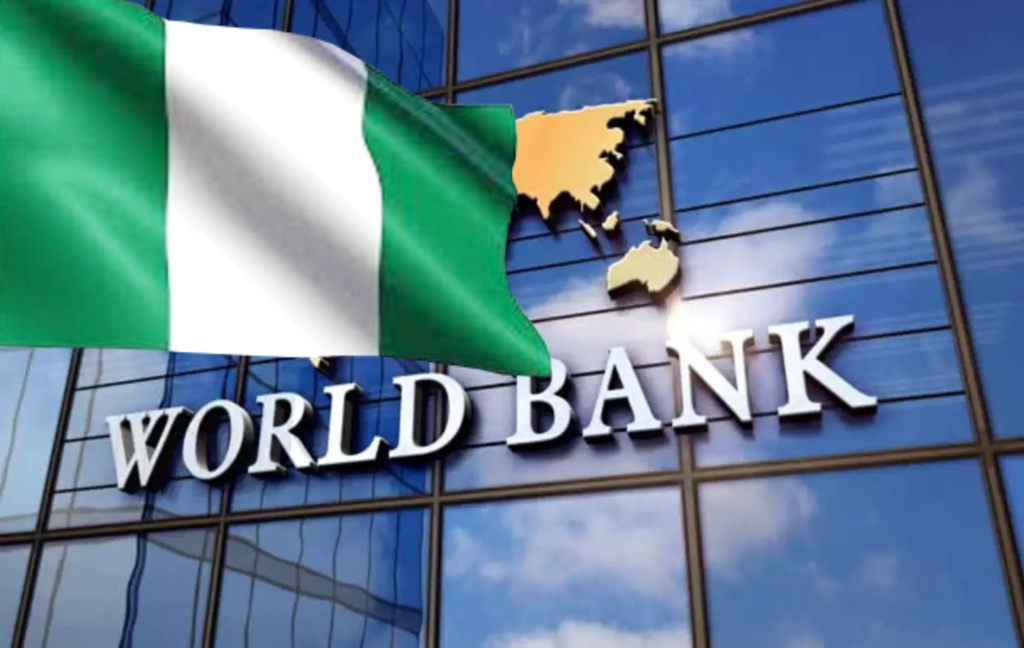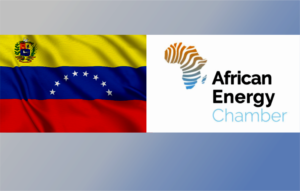World Bank Applauds Nigeria’s Ward Development Programme as CBN Signals Rate Cut to Bolster Growth

The World Bank has praised Nigeria’s Ward Development Programme (WDP), calling it a grassroots framework that strengthens local economies by directing resources to communities and small businesses. The initiative, built on participation and accountability at the ward level, is seen as a tool to ease poverty pressures, support families, and reinforce cultural traditions of collective responsibility.

At the national level, the Central Bank of Nigeria (CBN) has signalled its intent to cut interest rates, assuring that growth can be stimulated without undermining the naira. Economists suggest such easing could reduce borrowing costs, unlock credit for small and medium enterprises, and encourage investment in agriculture, manufacturing, and services.
Yet both initiatives carry social and political weight. Families already strained by high living costs hope for relief, while businesses see opportunities in cheaper financing. The naira’s stability, however, remains a fragile symbol of public confidence, tying monetary policy directly to household expenses from food to fuel.

Regionally, Nigeria’s experiment is being closely monitored across West Africa. As the continent’s largest economy, its balance of grassroots resilience and macroeconomic reform may influence wider debates on integration under the African Continental Free Trade Area (AfCFTA).
By combining bottom-up development with central bank recalibration, Nigeria is positioning itself to not only stabilise its economy but also project a model where community, culture, and policy intersect in shaping Africa’s growth path.






